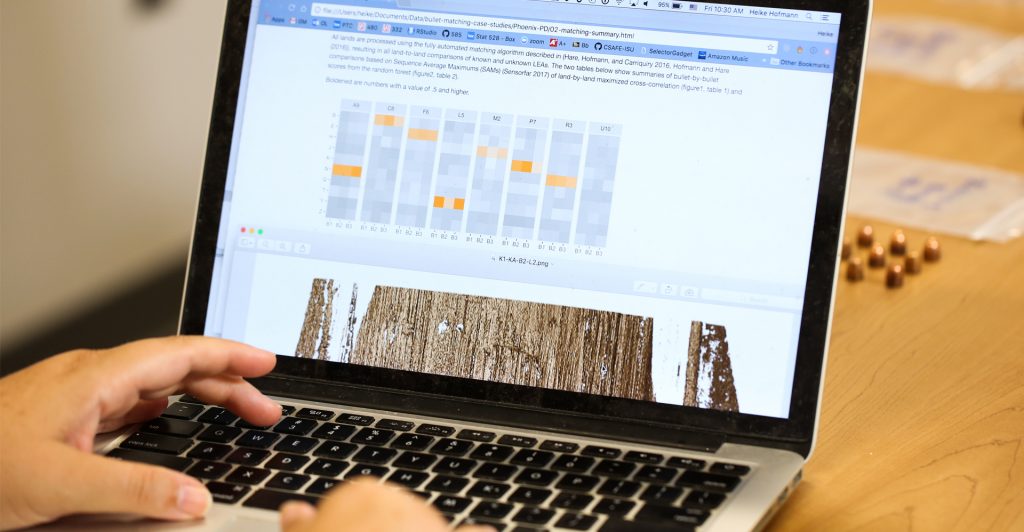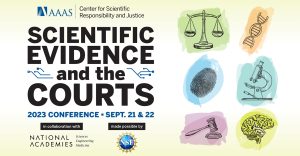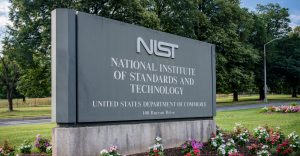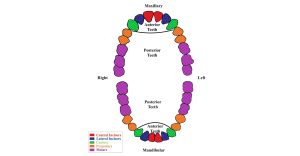The Center for Statistics and Applications in Forensic Evidence (CSAFE) is offering an online short course, Statistical Thinking for Forensic Practitioners. The course will introduce fundamental probability and statistics concepts and how they are used to assess forensic evidence’s probative value.
Led by CSAFE Director Alicia Carriquiry and CSAFE Co-Director Hal Stern, this course will be held virtually in three two-hour sessions on March 26, April 9 and April 23. Registration is free, and you only need to register once to attend all three sessions. Participants who attend all sessions will receive a certificate of completion.
Course Details:
Session 1: Probability Concepts and their Relevance to Forensic Science
Friday, March 26 from Noon–2 p.m. CST
Probability is the mathematical language of uncertainty. Probabilities are used to describe the frequency or likelihood of events or to characterize measurement uncertainty. This session will introduce the laws of probability and their application in forensic settings.
Session 2: Sampling, Statistics and the Status Quo
Friday, April 9 from Noon–2 p.m. CST
Statistical ideas such as sampling, point and interval estimation of population quantities and hypothesis testing have direct application in forensic science. This session will start from fundamental ideas about variability and its sources in measurements used in forensic analysis, and discuss methods to ameliorate, quantify, model and interpret variation and uncertainty in the evaluation of forensic evidence.
Session 3: Quantitative Tools for Forensic Evidence
Friday, April 23 from Noon–2 p.m. CST
The National Academy of Forensic Science’s report in 2009 and the President’s Council of Advisors on Science and Technology (PCAST) report in 2016 encouraged consideration of quantitative approaches to assessing forensic evidence. This session will review two of the most often-suggested quantitative approaches, the two-stage approach and the likelihood ratio (Bayes factor) approach.
Statistical Thinking for Forensic Practitioners is the first course in a series of new online short courses sponsored by CSAFE. Upcoming courses will cover a variety of concepts at the intersection of forensics and statistics in a format designed specifically for forensic practitioners. Participants will gain knowledge to enhance their understanding of statistical concepts and be able to apply that understanding to the interpretation of forensic evidence.
For more information or to register, please visit https://forensicstats.org/courses/.




